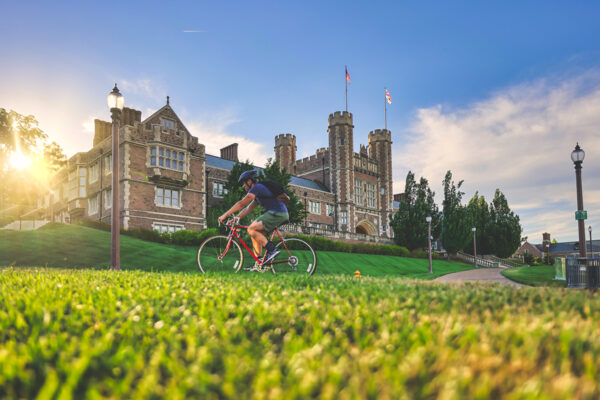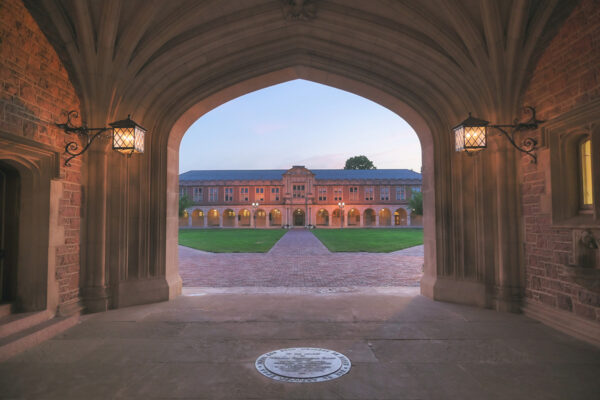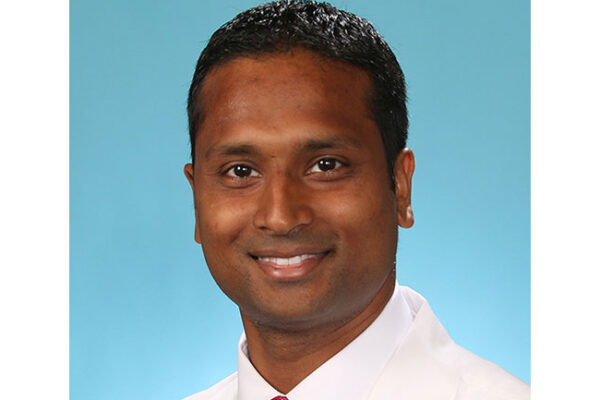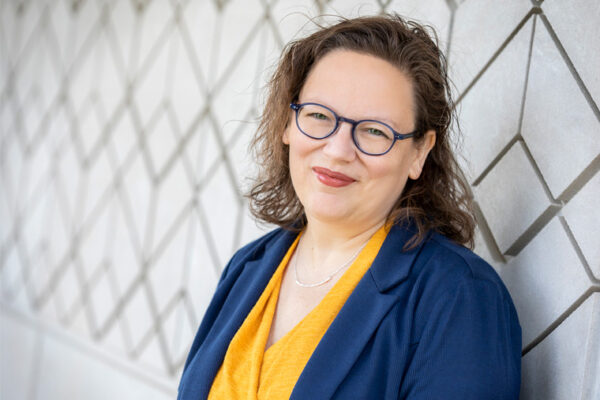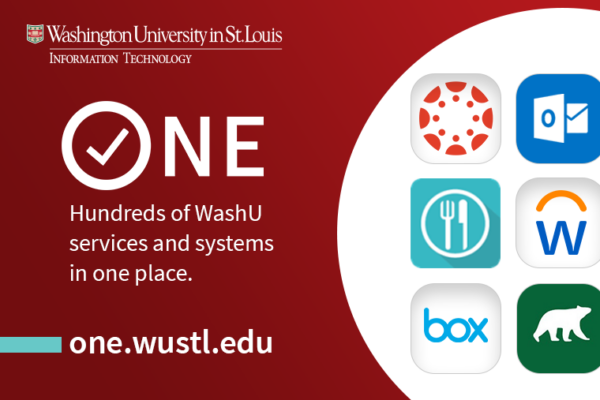10.03.22
Images from on and around the Washington University campuses.
Strategic vision kickoff events scheduled
The university’s new strategic vision will be introduced Monday, Oct. 3. Register now for a series of special events.
Seelinger participates in UN General Assembly conference
Kim Thuy Seelinger, research associate professor at the Brown School, participated in a United Nations General Assembly event, “Ensuring Accountability for Sexual Violence and Other Violations of International Humanitarian Law,” Sept. 21 in New York.
Chakrabartty works to make AI more energy efficient
Shantanu Chakrabartty, at the McKelvey School of Engineering, will lead a project funded by a three-year $1.1 million grant from the National Science Foundation to make artificial intelligence systems more energy-efficient.
Harris Award nominations sought
Nominations are being accepted for the Jane and Whitney Harris St. Louis Community Service Award, which honors a local couple for extraordinary contributions to the culture and welfare of the metropolitan St. Louis area. The deadline is Oct. 31.
Support program for tenure-track Danforth Campus faculty extended
The Office of the Provost is extending its program to support Danforth Campus early-career faculty whose work has been affected by the COVID-19 pandemic. Applications are due by Oct. 17.
Puram honored for research on head and neck cancer
Sidharth V. Puram, MD, PhD, an assistant professor of otolaryngology at the School of Medicine, has received a 2022 Clinical Scientist Development Award from the Doris Duke Charitable Foundation.
Oyen and team receive funding to study placental function
An award from Wellcome Leap will support Michelle Oyen’s study of fetal growth restriction during gestational development. The program aims to reduce stillbirth rates by half.
09.26.22
Images from on and around the Washington University campuses.
University launches new interface for ONE.WUSTL portal
Washington University has launched a new user interface for ONE.WUSTL, a single sign-on portal that provides convenient access to hundreds of WashU services and systems. Information Technology will lead webinar training sessions about the new interface this week.
View More Stories

